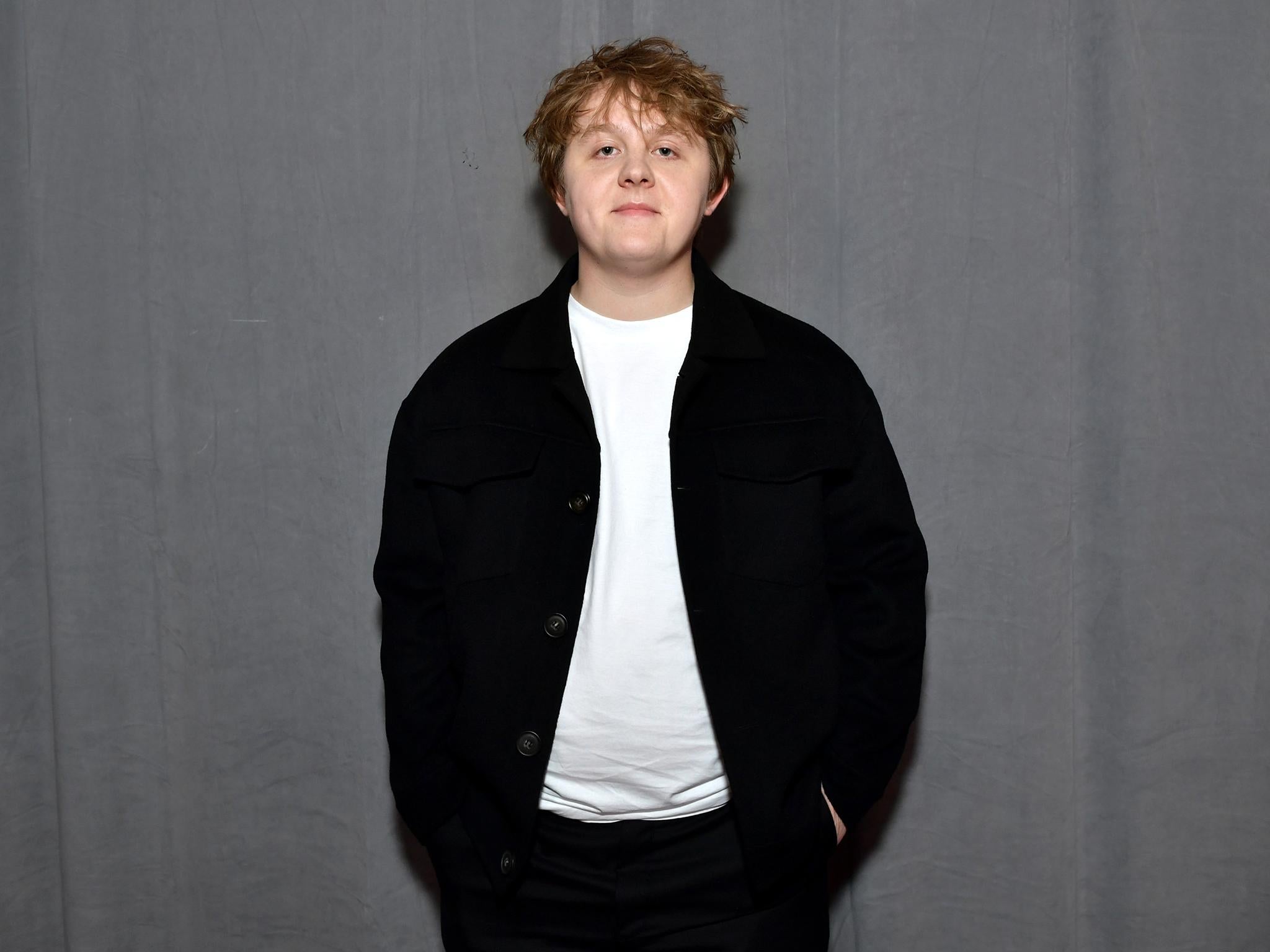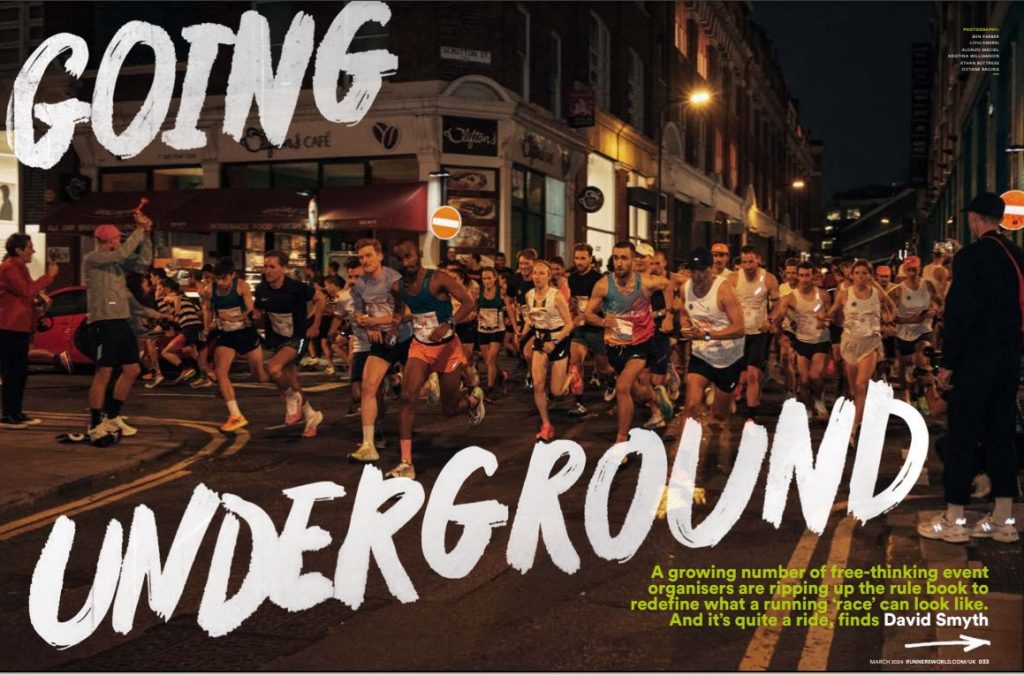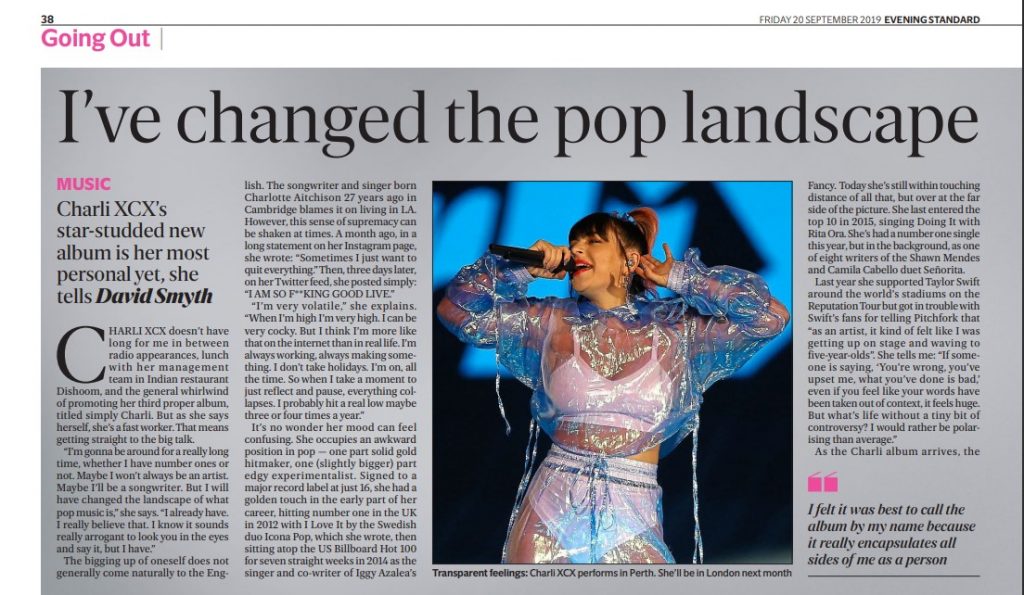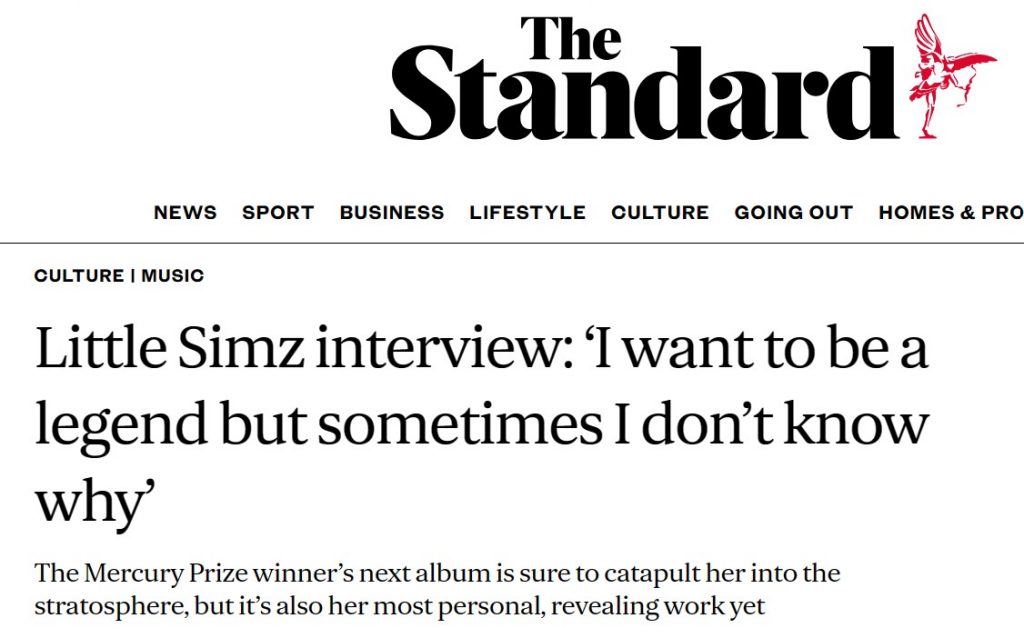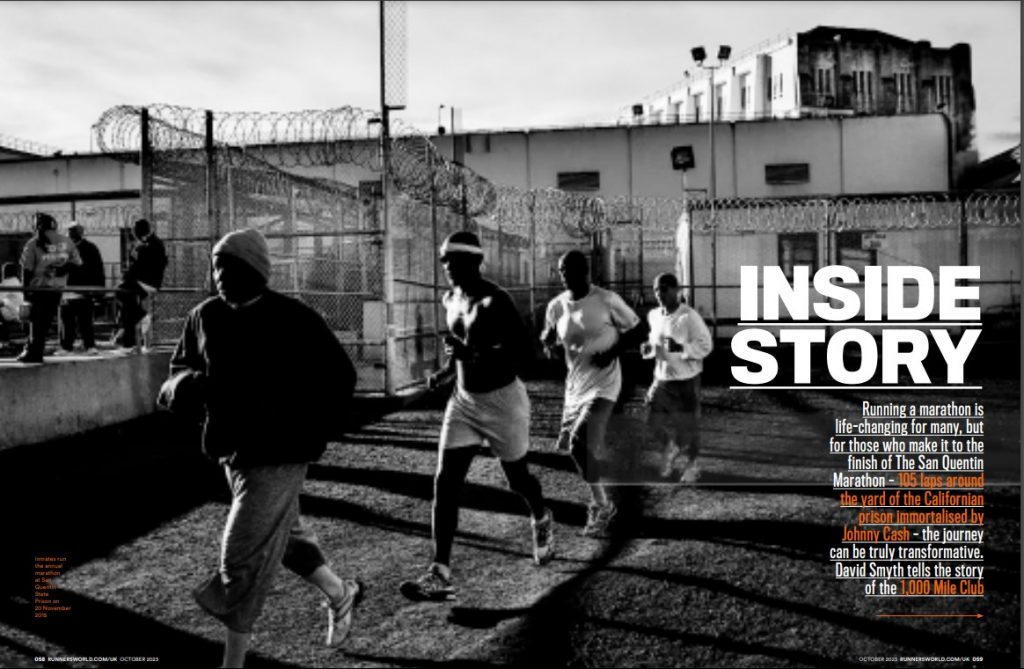Back in April – well before #MeToo and the ongoing exposure of ugly armies of sexual abusers – a little known Toronto singer-songwriter released her debut EP and put out a video for its most striking song, Gatekeeper.
Gatekeeper tells the story of Jessie Reyez’s early attempts to make it in the music business. With its marching beats and stark, ominous chords, it’s a tough listen, especially when the 26-year-old sings: “We are the gatekeepers/Spread your legs, open up/You could be famous/You know we’re holding the dreams that you’re chasing/You know you’re supposed to get drunk and get naked.”
It’s even harder to sit through the 13-minute film that she put online a fortnight later, titled Gatekeeper: A True Story. In it the 26-year-old reveals that the song is about a specific incident in Florida in her early twenties, when she was splitting her time between bartending, busking and songwriting, and getting nowhere with her music career. A late night invite from a friend back to a recording studio, to meet some big name rappers and producers, initially had her saying prayers of thanks to God for the opportunity. But this big break was soon shattered by the aggressive advances of one man.
“It’s not just the music that I’m interested in. It’s the whole package,” says the man in the film, an actor who plays out the scene with Reyez like a Crimewatch re-enactment. Then it gets worse. She appears as herself, with no rehearsal so that her reactions are more real. Today she says that she found herself feeling differently five years on from the real ordeal.
“I felt this fire, this furnace in the deepest part of me. This guy brought all this anger out because I’m a different woman now. I’m stronger than I was when I was 20, 21,” she tells me. “There are all these things I would say now: ‘Fuck you! What the fuck are you thinking? Do you have a daughter? Do you have a mother? Your mother would be proud of you right now? How the fuck do you justify this when you die and have to talk about everything that you did?’ But the younger me was quiet. She was sitting there in fear, holding back tears.”
Despite the wave of women exposing their attackers post-Weinstein, she still won’t name hers. “I don’t like that sometimes these things end up being about the men. I didn’t want to make it about him. It’s about what happened,” she says. “Having a faceless enemy allows everyone to unify and say, ‘That also happened to me with this person,’ ‘That happened to me with that person.’ People contact me online or stop me in the street to say, ‘Thank you for singing about that. Here’s something that happened to me.’ I’m happy that it’s resonating with people. But also it sucks that so many people are relating to this.”
It’s a hard one to sing on stage every night, of course, but there’s strength in feeling that you’re saying something important. “Sometimes it’s difficult. I close my eyes and can be in that darkness, but then I open them and see all these faces lifting up in solidarity. So it’s this weird contrast of me reliving that darkness but also having this new joy.”
On the rest of her EP, called Kiddo, she makes it very clear that she’s not someone to push around. Her parents are Columbian immigrants, and she jokes about her “loco” personality in song. On Shutter Island she directs venomous sarcasm at an ex: “Goodness, gracious, you’re amazing/According to you, I’m a lucky lady.” On another song, simply titled Fuck It, she’s so angry at a partner that she deliberately crashes his car. “You’re lucky I didn’t roll it/You’re lucky I didn’t blow your brains out,” she sings over woozy R&B electronics.
There’s a bit of Amy Winehouse in her feline voice, with its mix of toughness and soulfulness, and in her wild dark hair, long and loosely tied. When we meet in an east London café the night after her latest London show, I don’t feel that we’re familiar enough for me to tell her that there’s a sticker in it.
“The EP is called Kiddo because this has been an uphill battle for me,” she explains. “As a female in the industry, as a female of colour, some people will demean me. So it’s like, ‘Okay, you wanna call me kiddo? I’ll show you kiddo.’” It’s also the surname of Uma Thurman’s character in her favourite Quentin Tarantino film, Kill Bill – another woman with whom it is unwise to mess.
It’s heartbreaking to hear about her confused feelings in the aftermath of her experience with the power-wielding music man – horror at what he had tried to do, but also a sense that she had somehow failed a crucial test – that perhaps she didn’t want stardom enough if she wasn’t prepared to trade everything to get it. “I was fucked up after it happened. I didn’t want to grab my guitar. I didn’t sleep. I watched the sun come up and I was crying, thinking, ‘Am I really cut out for this industry? Shouldn’t you be ruthless, willing to do anything and everything to achieve your dream?’ But you can’t blame someone for being naïve.”
So it’s a relief to hear that she eventually picked herself up and went on to find a more palatable route to success. She cites a number of contrastingly positive encounters: a man who auditioned her for a girl group at 16 and tracked her down later to tell her that she wasn’t right for the project, but definitely had a lot of potential. Mauricio Ruiz, who didn’t like an early video that she was spamming to every contact she had, but directed her to apply to a Toronto educational arts academy called The Remix Project. He’s now her manager.
She was accepted into the Project and abandoned bar work in Fort Lauderdale to throw herself into music back in Toronto. “It put mentors in my life and gave me opportunities to collaborate, to meet real people in the industry who could tell me about their struggles and mistakes. That made a world of difference,” she says. A Chicago rapper, King Louie, came to speak there and ended up releasing a song with her, Living in the Sky, in 2014.
From there she was invited to work in songwriting camps in Toronto, LA and Sweden. She co-wrote Go For Broke, a single from this year’s album by rapper Machine Gun Kelly featuring James Arthur. She has two co-writes on the latest Calvin Harris album, Funk Wav Bounces Vol. 1, and sings lead vocals on his song Hard to Love.
But she kept the best ones for herself. A new single, Cotton Candy, is out today, and there are possible plans for a debut album next year, though she believes that deadlines kill the magic. Having already performed in London at club venues including Notting Hill Arts Club, Hoxton Square Bar & Kitchen and Omeara, she’ll get to try out a big space when she returns to support a fellow Canadian, rapper PartyNextDoor, at Brixton Academy in February.
“I’ve always said I want to get this as big as I can, so I can buy my dad the farm he’s been dreaming about since he was a kid, so I can start an orphanage and name it after my mom, so I can have a bunch of Grammys and so I can die a legend,” she says, to sum up her plans. “That would be sufficient.” Success is the best revenge.
Jessie Reyez supports PartyNextDoor, Feb 7, O2 Academy Brixton, SW9 (0844 477 2000, o2academybrixton.co.uk). Cotton Candy is released today on Polydor.


